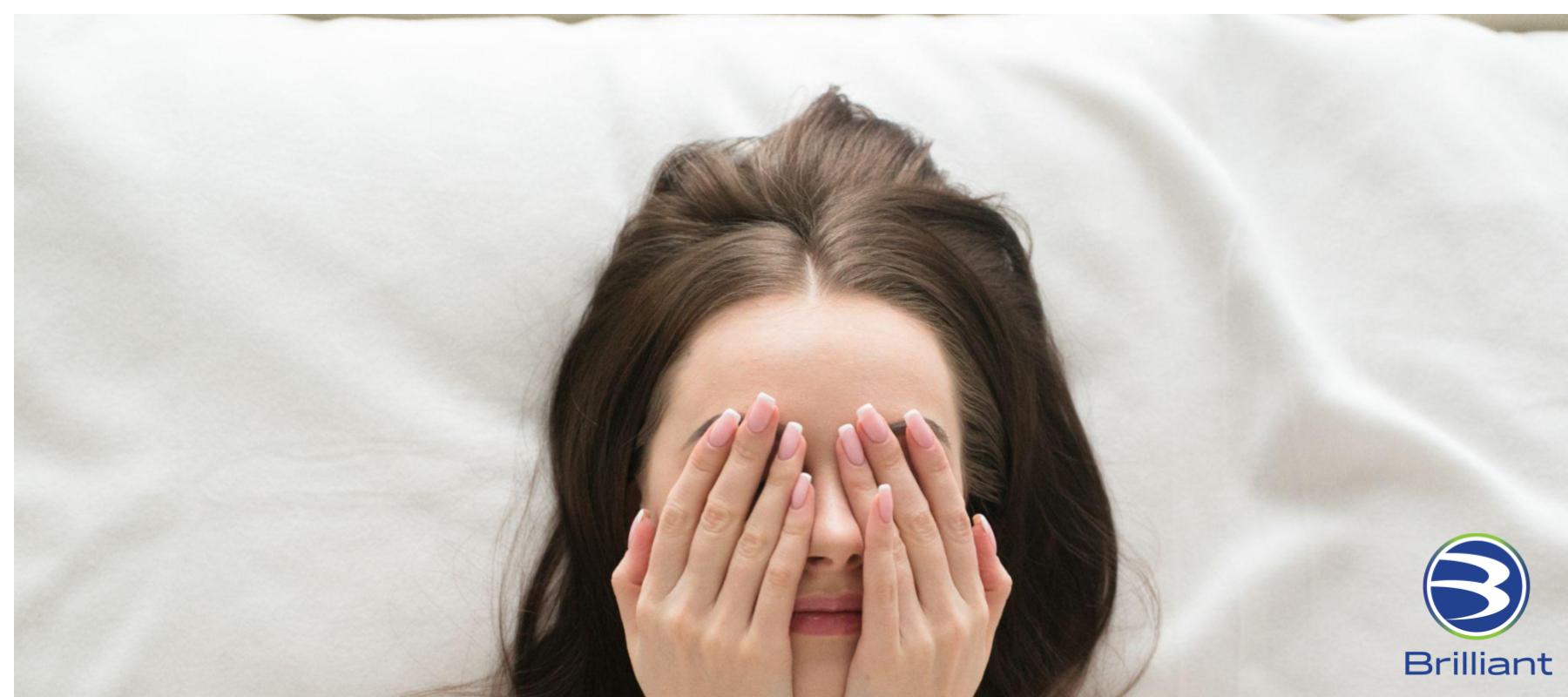- Phone: 1.404.373.4030
- Opening Hours: Mon-Fri 9AM-5PM Eastern

After a long day at work, an exercise program to keep you fit, and answering personal calls and texts, there’s nothing you want more than to slip into your nice, comfortable bed and sleep peacefully all night long. Sounds simple, I know, but sometimes it isn’t simple nor is the whole night a peaceful slumber for most people. Ever had trouble falling asleep at night or staying asleep? You’re in good company. The American Sleep Apnea Association reported that an estimated 50 to 70 million Americans experience some form of sleep problems, sometimes as often as once a month or more. With technology a full force fighting for our attention, are we too preoccupied to fall asleep at night? What really influences how well we sleep? Let’s take a good look at what is keeping us awake at night.
We’ve always heard it said that going to bed at the same time every night and waking up at the same time every morning is the optimal solution for good sleep consistency. What we might NOT be aware of is just how many factors play a part in when we fall asleep, how long we sleep, and how well we sleep. It’s a comprehensive and helpful list so, pay attention! Your ability to sleep well is on the line!
If you’ve suffered with restless nights, trouble falling asleep or feeling like you haven’t slept at all each morning, hopefully this has brought some ideas and explanations to light. If so, take comfort in knowing you aren’t alone and there are some things you can do to help your body rest. Always make it a point to see your doctor when something is bothering you and take their medical advice on the best strategy for you and your unique situation. Making positive changes can bring you positive sleep, and that’s exactly what we all need!
© 2021 Compac Industries. All rights reserved.
This article is intended to provide an understanding of and knowledge about “health topics” as expressed through the perspective and research of the author. It is not intended to be a substitute for professional advice or counsel, including the diagnosis or treatment of any condition. Always seek the advice of your qualified healthcare provider with any questions you may have regarding a medical condition, illness or treatment of any listed or non listed situation above. By using this site, you signify your assent to our Terms and Conditions.
Sources:
https://www.sleepfoundation.org/sleep-hygiene/how-is-sleep-quality-calculated
http://healthysleep.med.harvard.edu/healthy/science/how/external-factors
https://www.psychologytoday.com/us/blog/sleep-newzzz/202001/11-things-can-interfere-your-sleep


DISCLOSURE: Noelle Copeland RDH is an Oral Care Specialist and Dental Consultant who provides content

DISCLOSURE: Noelle Copeland RDH is an Oral Care Specialist and Dental Consultant who provides content

We believe that all people are fearfully and wonderfully made and designed in the womb for a grand purpose.
Useful Links
Copyright © 2023 Compac Industries | All Rights Reserved.